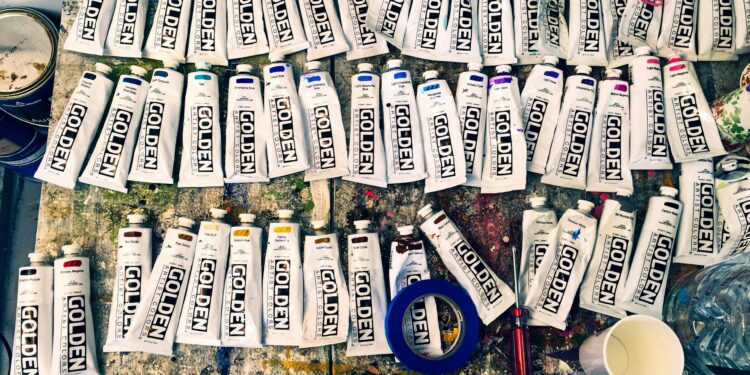The toxin has been responsible for many deaths.
The Environmental Protection Agency (EPA) has finalized a rule aimed at phasing out the use of methylene chloride, a toxic substance found in paint strippers, for many applications. This move comes after the chemical has been linked to 85 deaths in the United States over the past five decades. While some uses of methylene chloride will still be permitted, strict guidelines have been implemented to ensure the safety of workers.
EPA Administrator Michael Regan emphasized the necessity of this action, stating that exposure to methylene chloride has had devastating effects on families across the country. The agency’s decision seeks to put an end to unsafe practices involving this hazardous chemical and provide maximum protection for workers.
Environmental health advocacy group Toxic-Free Future welcomed the EPA’s ruling, acknowledging that it has been long-awaited. The chemical’s inclusion on the EPA’s list of “first ten chemicals” for review nearly eight years ago underscores the prolonged efforts to address its dangers.
Individuals who have experienced personal tragedies due to methylene chloride exposure, such as Lauren Atkins and Wendy Hartley, have been vocal in their support for the EPA’s actions. Both have lost loved ones to the chemical’s harmful effects and view the regulatory measures as essential for protecting vulnerable workers.
Methylene chloride is commonly used in commercial paint strippers and various industrial applications, posing risks to human health through skin contact or inhalation. The EPA’s new rules are aimed at restricting its use in commercial paint strippers and gradually phasing it out from consumer products within a year.
While certain essential uses of methylene chloride will still be permitted, stringent safeguards will be enforced to protect workers. Companies will be encouraged to seek alternative chemicals and prioritize worker safety through proper training and the use of personal protective equipment.
The EPA’s decision has been met with widespread support from labor unions, environmental organizations, and advocacy groups, signaling a significant step forward in protecting public health and safety. However, oversight of methylene chloride use in certain contexts, such as the food industry, will remain under the jurisdiction of other agencies like the U.S. Food and Drug Administration.

































Discussion about this post